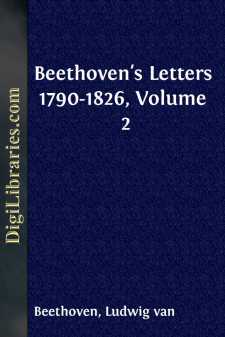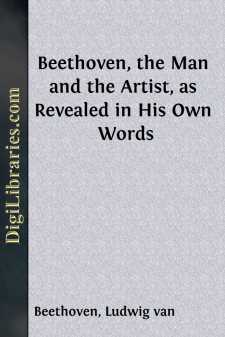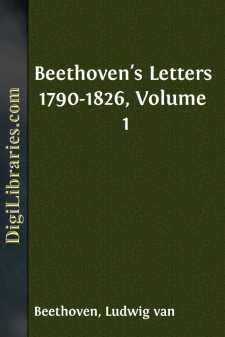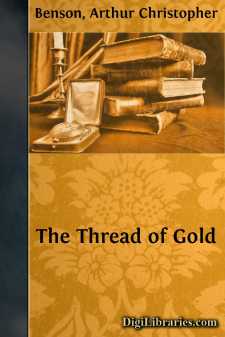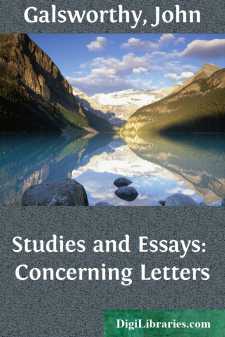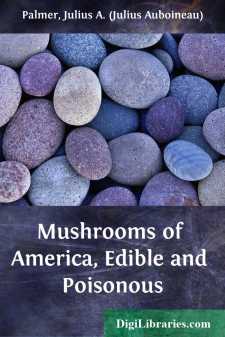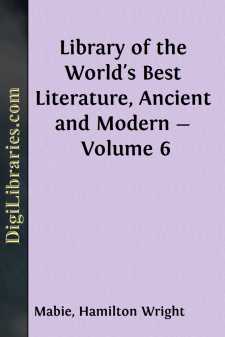Categories
- Antiques & Collectibles 13
- Architecture 36
- Art 48
- Bibles 22
- Biography & Autobiography 813
- Body, Mind & Spirit 142
- Business & Economics 28
- Children's Books 17
- Children's Fiction 14
- Computers 4
- Cooking 94
- Crafts & Hobbies 4
- Drama 346
- Education 46
- Family & Relationships 57
- Fiction 11829
- Games 19
- Gardening 17
- Health & Fitness 34
- History 1377
- House & Home 1
- Humor 147
- Juvenile Fiction 1873
- Juvenile Nonfiction 202
- Language Arts & Disciplines 88
- Law 16
- Literary Collections 686
- Literary Criticism 179
- Mathematics 13
- Medical 41
- Music 40
- Nature 179
- Non-Classifiable 1768
- Performing Arts 7
- Periodicals 1453
- Philosophy 64
- Photography 2
- Poetry 896
- Political Science 203
- Psychology 42
- Reference 154
- Religion 513
- Science 126
- Self-Help 84
- Social Science 81
- Sports & Recreation 34
- Study Aids 3
- Technology & Engineering 59
- Transportation 23
- Travel 463
- True Crime 29
The German Classics of the Nineteenth and Twentieth Centuries, Volume 06 Masterpieces of German Literature Translated into English. in Twenty Volumes
Categories:
Description:
Excerpt
THE LIFE OF HEINRICH HEINE
BY WILLIAM GUILD HOWARD, A.M.
Assistant Professor of German, Harvard University
I.
The history of German literature makes mention of few men more self-centered and at the same time more unreserved than Heinrich Heine. It may be said that everything which Heine wrote gives us, and was intended to give us, first of all some new impression of the writer; so that after a perusal of his works we know him in all his strength and weakness, as we can know only an amiable and communicative egotist; moreover, besides losing no opportunity for self-expression, both in and out of season, Heine published a good deal of frankly autobiographical matter, and wrote memoirs, only fragments of which have come down to us, but of which more than has yet appeared will perhaps ultimately be made accessible. Heine's life, then, is to us for the most part an open book. Nevertheless, there are many obscure passages in it, and there remain many questions not to be answered with certainty, the first of which is as to the date of his birth. His own statements on this subject are contradictory, and the original records are lost. But it seems probable that he was born on the thirteenth of December, 1797, the eldest child of Jewish parents recently domiciled at Düsseldorf on the Rhine.
The parentage, the place, and the time were almost equally significant aspects of the constellation under which young Harry Heine—for so he was first named—began his earthly career. He was born a Jew in a German city which, with a brief interruption, was for the first sixteen years of his life administered by the French. The citizens of Düsseldorf in general had little reason, except for high taxes and the hardships incident to conscription in the French armies, to complain of the foreign dominion. Their trade flourished, they were given better laws, and the machinery of justice was made much less cumbersome than it had been before. But especially the Jews hailed the French as deliverers; for now for the first time they were relieved of political disabilities and were placed upon a footing of equality with the gentile population. To Jew and gentile alike the military achievements of the French were a source of satisfaction and admiration; and when the Emperor of the French himself came to town, as Heine saw him do in 1810, we can easily understand how the enthusiasm of the boy surrounded the person of Napoleon, and the idea that he was supposed to represent, with a glamor that never lost its fascination for the man. To Heine, Napoleon was the incarnation of the French Revolution, the glorious new-comer who took by storm the intrenched strongholds of hereditary privilege, the dauntless leader in whose army every common soldier carried a field marshal's baton in his knapsack. If later we find Heine mercilessly assailing the repressive and reactionary aristocracy of Germany, we shall not lightly accuse him of lack of patriotism. He could not be expected to hold dear institutions of which he felt only the burden, without a share in the sentiment which gives stability even to institutions that have outlived their usefulness....



